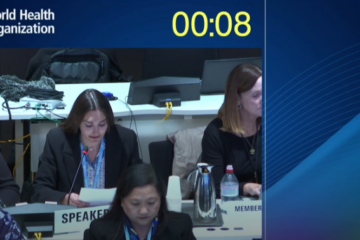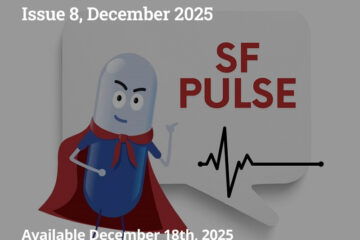The Global Pharma Health Fund (GPHF), a non-profit organization supported by Merck KGaA, is pleased to announce the Special Edition 2024, featuring a new Minilab test for detecting the toxic antifreeze agents diethylene glycol (DEG) and ethylene glycol (EG).
The GPHF-Minilab is a portable mini-laboratory designed to detect substandard, falsified, and adulterated medicines, especially in regions lacking advanced analytical tools. It offers a cost-effective solution to enhance testing capacity, often supplementing existing laboratories.
DEG and EG, toxic industrial solvents, are increasingly found in children’s cough syrups, especially in low- and middle-income countries. These contaminants can cause fatal kidney failure in children. The new Minilab test addresses this growing public health risk by expanding its method inventory, which now covers 119 active pharmaceutical ingredients and one impurity test. The updated inventory integrates seamlessly into the existing Minilab kit, requiring only an expanded collection of reference agents and chemical reagents.
Poor-quality medicines pose a significant threat to public health, eroding trust in healthcare systems. The new Minilab protocol supports National Quality Control Laboratories in detecting DEG/EG contamination, helping prevent the use of adulterated liquid preparations for oral use.
Universal health coverage cannot be achieved if medicines are contaminated or ineffective. The GPHF-Minilab provides all necessary equipment for on-site testing, helping to save lives. What helps is good.
The new antifreeze detection protocol can be downloaded free of charge in English, French and Spanish here and includes a QR code for access to a video tutorial. The method is pending inclusion in The International Pharmacopoeia.
Source: https://www.gphf.org/newsletter/data/nl_2024-10-08_en.htm


